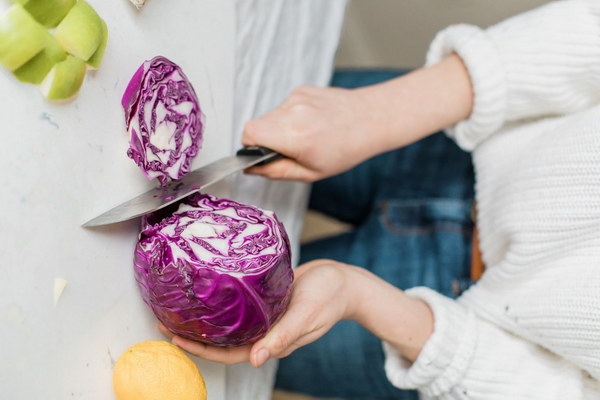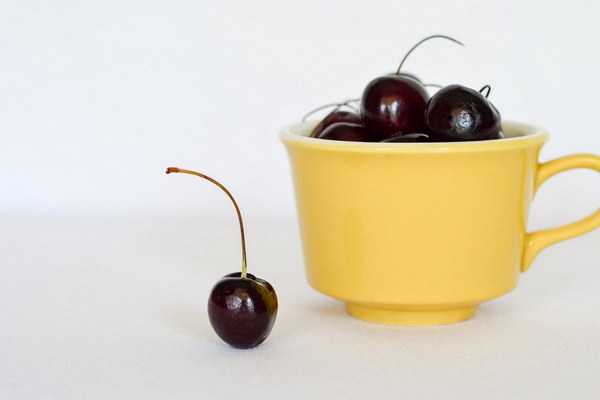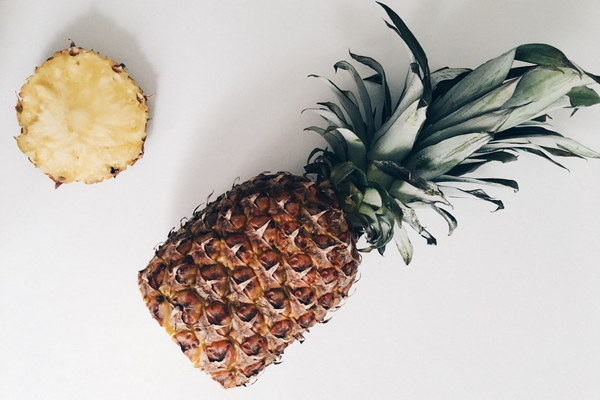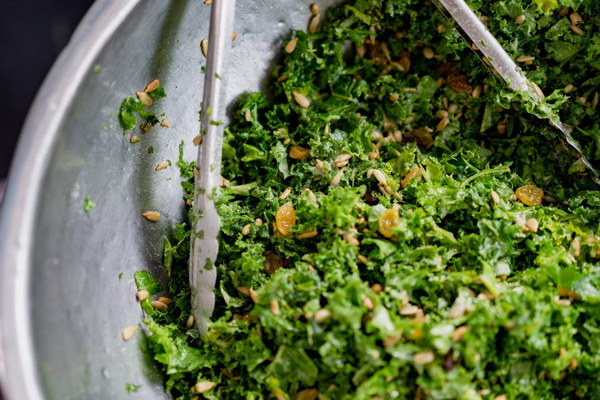Unveiling the Secrets of Traditional Chinese Medicine Effective Herbs for Dampness and Coldness Relief
In the realm of traditional Chinese medicine (TCM), there are numerous herbs that have been used for centuries to alleviate the symptoms of dampness and coldness in the body. These conditions, often referred to as Damp-cold, are characterized by symptoms such as fatigue, joint pain, cold hands and feet, and weight gain. In this article, we will explore some of the most effective herbs used in TCM for dampness and coldness relief.
1. Cinnamon (Cinnamomum cassia)
Cinnamon is a popular spice in many cuisines and also serves as a valuable herb in TCM. Its warm, spicy flavor makes it an excellent choice for addressing dampness and coldness in the body. Cinnamon helps to improve circulation, warm the body, and expel dampness. It can be consumed as a tea or added to various dishes.
2. Astragalus (Astragalus membranaceus)
Astragalus is a well-known herb in TCM, known for its immune-boosting properties. It is also effective in treating dampness and coldness. Astragalus helps to strengthen the body's defense mechanisms, expel dampness, and enhance energy levels. It is often used in combination with other herbs to create potent formulas for dampness and coldness.
3. White Peony (Paeonia lactiflora)
White peony is a cooling herb that is commonly used in TCM to alleviate dampness and coldness. It has a sweet, bitter taste and can help to nourish the liver, regulate blood flow, and expel dampness. White peony can be taken as a decoction or used in conjunction with other herbs to create customized formulas.

4. Poria (Poria cocos)
Poria is a soft, spongy mushroom that is often used in TCM to treat dampness and coldness. It has a sweet, neutral taste and is known for its ability to absorb excess dampness from the body. Poria can be used alone or in combination with other herbs to create a balanced formula that promotes healthy circulation and reduces dampness.
5. Alisma (Alisma orientale)
Alisma is a herb that is particularly effective in addressing dampness and coldness in the body. It has a sweet, bitter taste and can help to drain dampness, reduce swelling, and alleviate joint pain. Alisma can be taken as a decoction or in the form of capsules or tablets.
6. Angelica (Angelica sinensis)
Angelica is a commonly used herb in TCM to treat dampness and coldness. It has a warm, sweet taste and can help to improve blood circulation, expel cold, and eliminate dampness. Angelica is often used in combination with other herbs to create potent formulas for various health conditions.
Incorporating these herbs into your daily routine can help alleviate the symptoms of dampness and coldness. However, it is important to consult with a qualified TCM practitioner before starting any herbal treatment, as individual health conditions and preferences may vary.
In conclusion, traditional Chinese medicine offers a wealth of knowledge when it comes to treating dampness and coldness. By incorporating these effective herbs into your regimen, you can promote a healthy balance within your body and enjoy the benefits of ancient wisdom. Remember to seek professional advice to ensure the best possible outcomes for your health and well-being.









